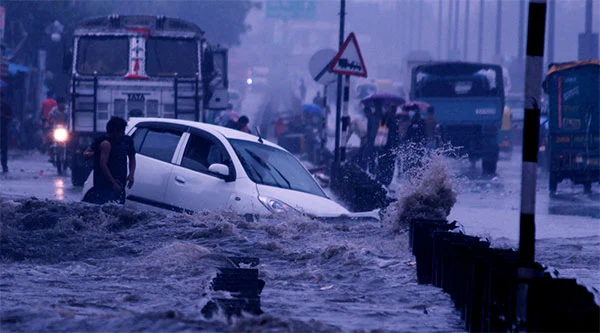As extreme weather events increase in frequency and severity, businesses worldwide are struggling to keep pace, leaving a widening gap in resilience, according to a new report. Floods, hurricanes, wildfires, and heatwaves are increasingly disrupting supply chains, operations, and infrastructure, putting companies at significant financial and operational risk.
Corporate Preparedness Falls Short
While some organizations have implemented risk management strategies, many remain underprepared. Experts caution that this disconnect between climate risks and corporate readiness can have cascading consequences. “Companies that don’t invest in adaptive strategies risk operational downtime, asset damage, and reputational harm,” said one analyst.
Key Areas of Vulnerability
- Infrastructure Resilience: Many businesses operate on outdated or insufficient infrastructure that cannot withstand extreme events.
- Scenario Planning: Limited foresight into potential climate-related disruptions leaves companies reactive rather than proactive.
- Technology Utilization: Predictive modeling and emerging tools for climate risk assessment remain underused.
Regions and Industries Most at Risk
Regions already experiencing severe climate impacts, such as Southeast Asia, North America, and parts of Europe, have reported higher disruption rates. Industries including logistics, energy, and agriculture are particularly vulnerable, facing supply chain interruptions, rising insurance costs, and unexpected operational expenses.
Proactive Measures for Adaptation
The report urges companies to invest in resilient infrastructure, integrate digital risk modeling, and implement comprehensive climate-risk governance. Experts note that organizations capable of anticipating and adapting to extreme weather will gain a competitive advantage over less-prepared peers in the coming decade.
The Urgency of Action
With global temperatures continuing to rise, extreme weather events are no longer rare anomalies but a growing business reality. Companies delaying adaptation face not only financial losses but also regulatory scrutiny and reputational damage in an era where climate accountability is increasingly emphasized.

